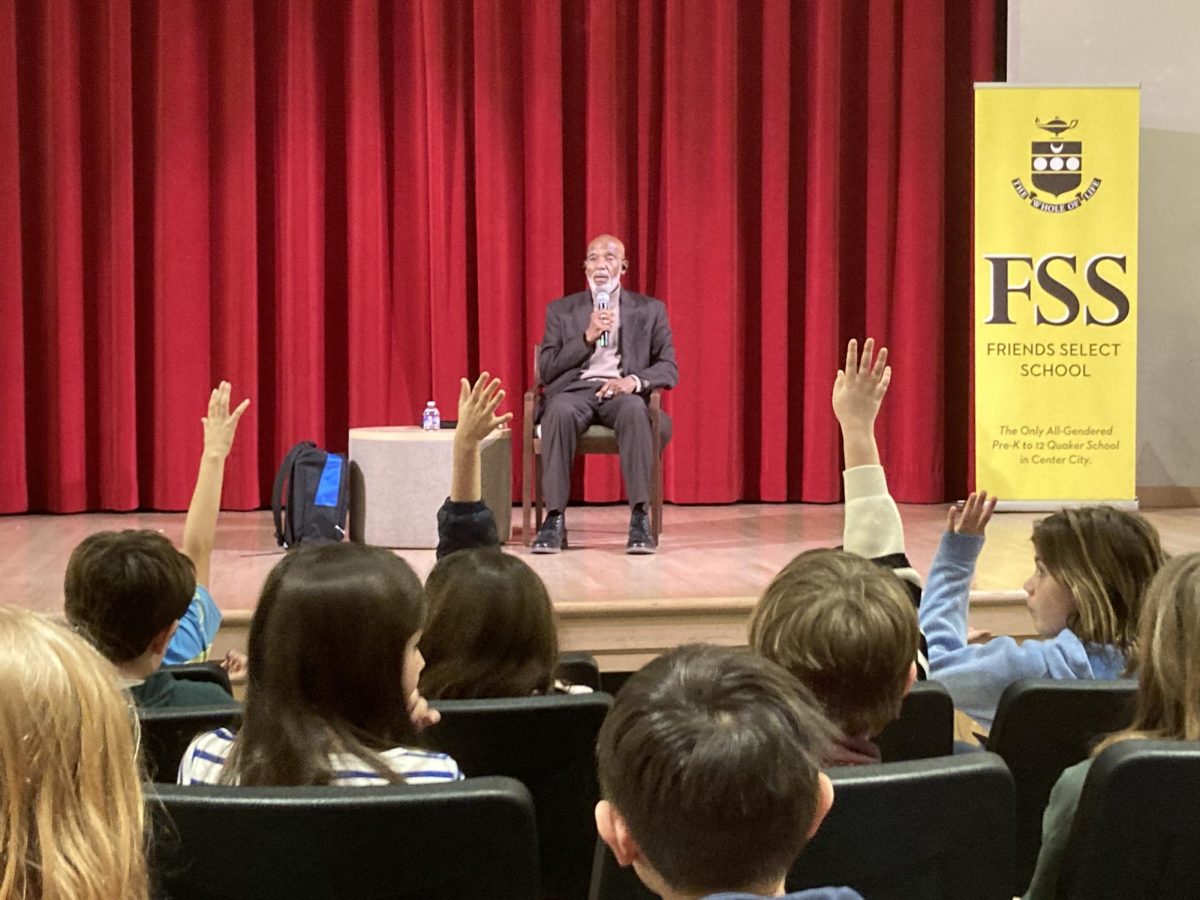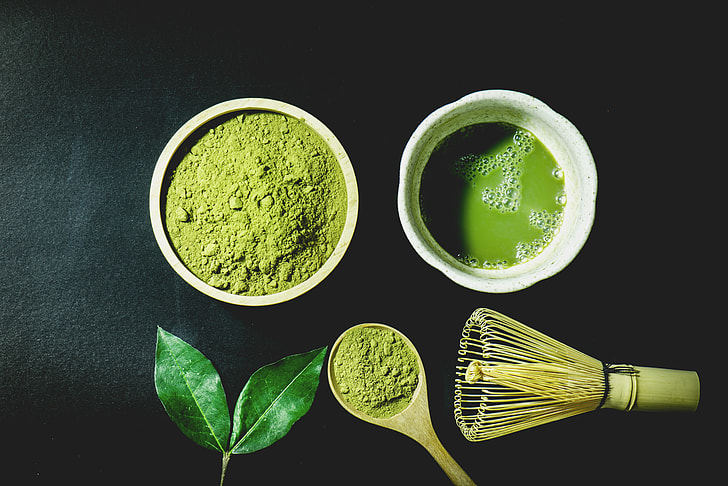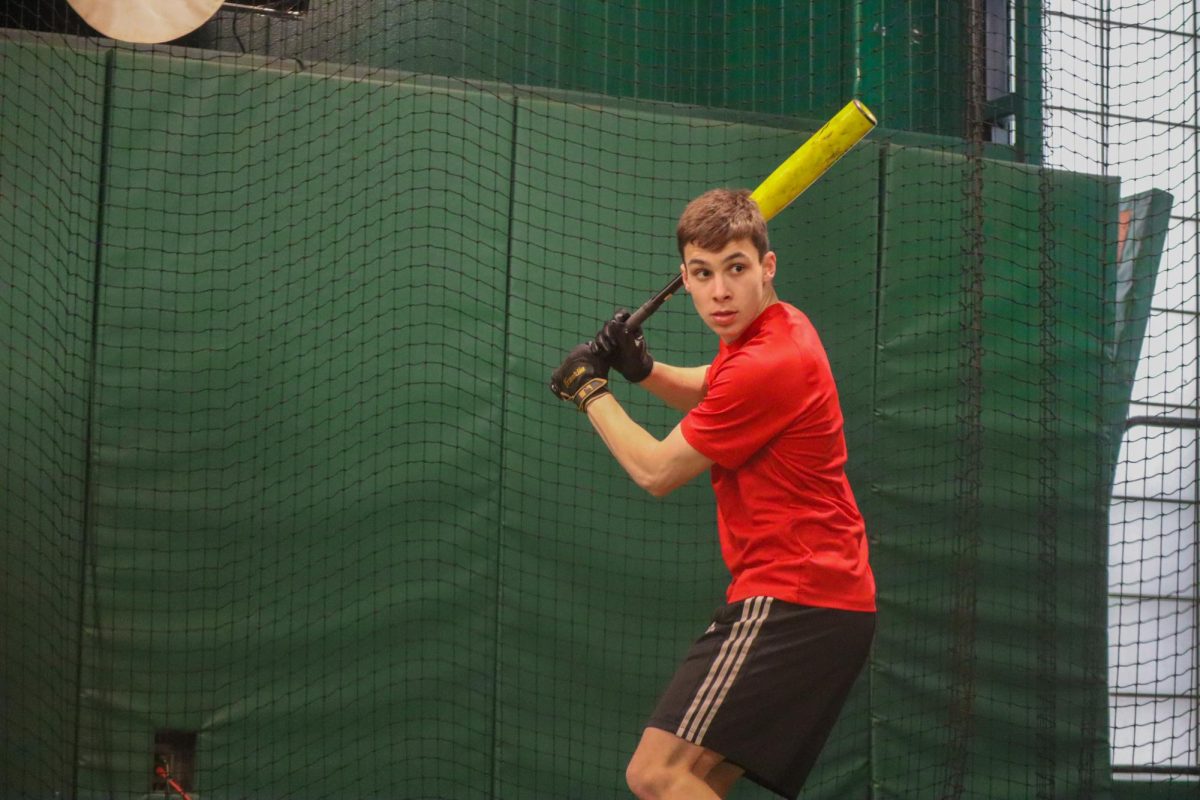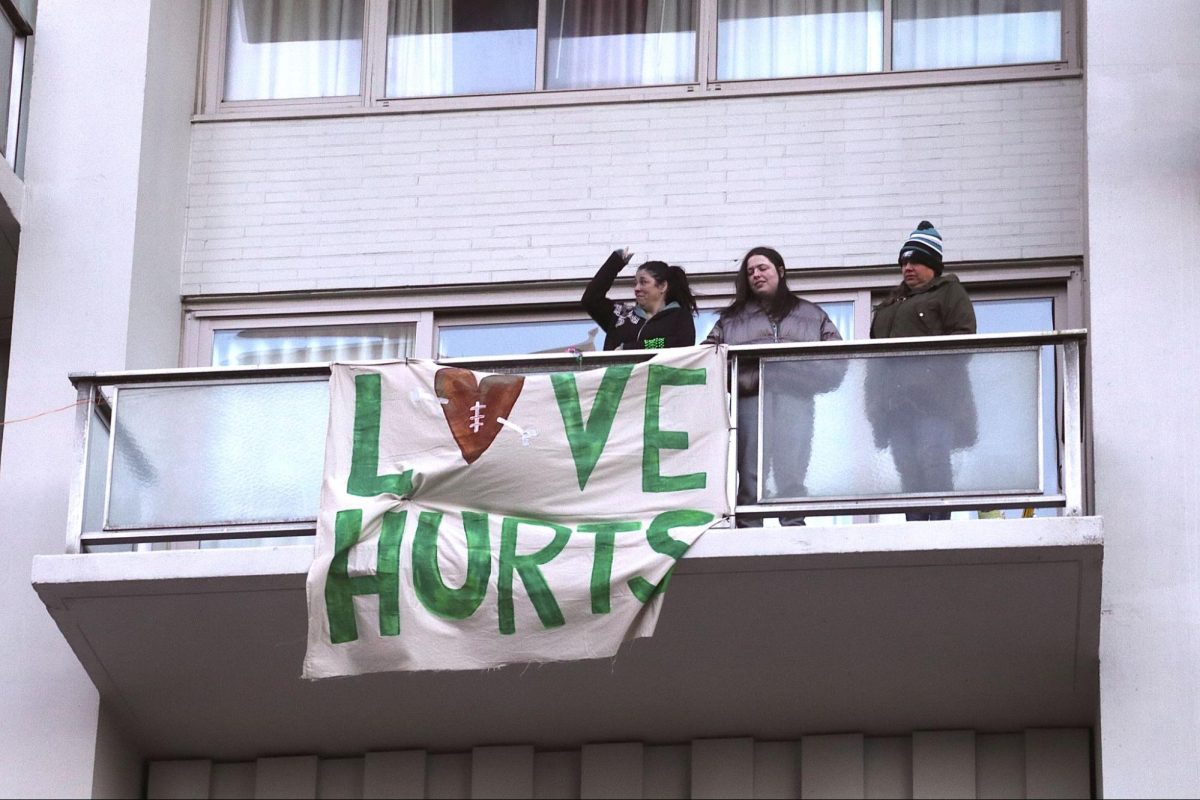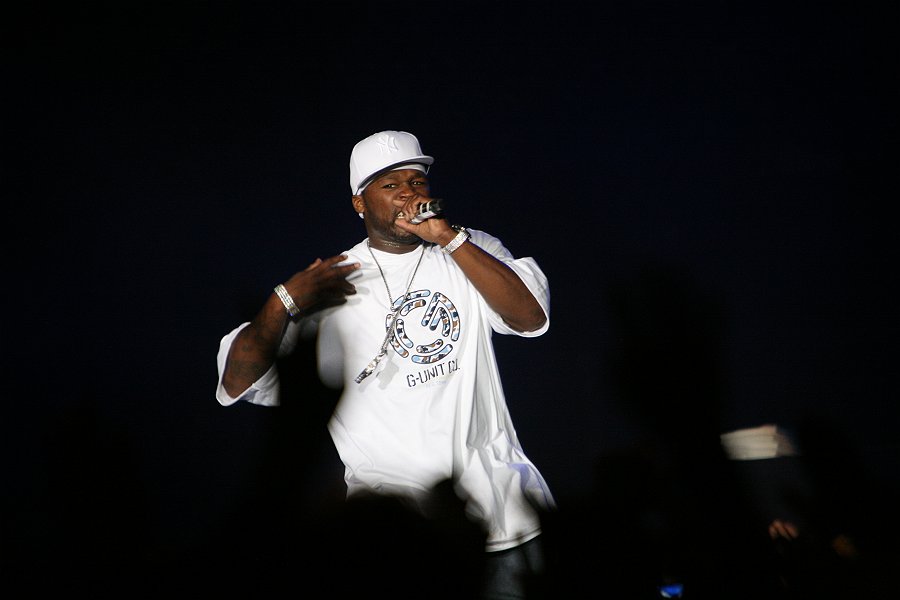Keeping up with the Candidates: Celebrities in Politics
The 2020 presidential election was a battle fought over the course of many months, with mail-in ballots giving the candidates time to sway voters one way or another. Leading up to the election, both candidates used endorsements from well-known individuals in an effort to attract voters. Even though it was common practice in the 2020 election, should celebrities use their high-traffic platforms to talk about the election?
Celebrities and well-known persons have opinions like the rest of us; it’s what defines us as humans. The right to express these thoughts is given to them as well as to all of the American people under the United States Constitution’s First Amendment. Under American democracy, each person has one vote. Like any individual, it is a celebrity’s choice whether or not to share who they vote for. They all have candidates they favor for one reason or another, but because of their stature in society, they have more influence than most.
Celebrities platforms are perfect opportunities to influence and change the world when an issue is something they are educated and passionate about. Many well-known people have worked their way to the positions they are in and since they’ve worked for these platforms, they should be able to use them as a microphone to voice their opinions and inform those around them. However, it is crucially important for the celebrities themselves to be informed about what they speak about and acknowledge their influence. Ice Tea, Lil Wayne, Lil Pump along with New York rapper 50 Cent took a stance and endorsed Donald Trump, mainly due to his tax plan. Joe Biden’s tax plan adds up to about 62% in New York and 50 Cent angrily stated; “I don’t care Trump doesn’t like black people, 62% are you out of ya f—ing mind?” Rappers have large fan bases and, with that, lots of power and influence. He took a stance with Trump because of a single policy, while not taking Trump’s other actions and policies into account and even leading with “I don’t care Trump don’t like black people.” Because celebrities have large platforms, they should be mature and consider why they endorse the candidate and what message they are sending by doing so.
Laws and restrictions affect all American citizens, including those who may seem larger than life. Celebrities are private citizens and, because they live in society along with the rest of us, are affected by policies too. This is made clear with the past year’s racial injustices with a large amount of NBA players speaking out. LeBron James of the Los Angeles Lakers uses his platform to not just tell fans and the public who he is voting for, but to inform others on their own votes. James leads a group called More Than a Vote to empower communities to help get people registered to vote. The NBA and its players went even further by converting many of their arenas into voting stations due to the loss of many polling places. According to his Twitter, Jalen Brown, of the Boston Celtics, led his community during the civil rights marches in June “ driving 15 hours” from Boston to his home state of Georgia to not only make his voice heard with an endorsement but also to show by example, leading a protest across Atlanta.
Many right-wing newscasters and politicians have made negative comments about celebrities taking their own stances, more specifically professional sports players. Laura Ingram, a Fox News correspondent, commented on LeBron James’ protest and outspokenness of the racial injustices saying, “shut up and dribble.” She used the logic that these stars are paid to play basketball so that’s what they should do, but with the recent protests, she shows that there is an apparent double standard. After Drew Brees, the quarterback for the New Orleans Saints, spoke out against kneeling during the national anthem, she said, “[Drew Brees] finds himself in a scalding cauldron of hate.” James points out this obvious bias on Instagram, writing “this treatment right here is why the protests are going on.” The larger picture here shows that while both celebrities rightfully shared their opinions, they were received in radically different ways due to people’s biases. Ingram’s argument is colored by her personal opinions of James’ arguments. James makes it clear that this type of discrimination is happening at all times and he feels that this is exactly why people, including himself, have a responsibility to protest against it.
There is, of course, irresponsible influence for personal gain, so it is important for all citizens, not just celebrities, to stay conscious about their power and influence. Rappers that endorsed Trump in the weeks leading to the elections preach “coming from nothing” and the injustices they have seen towards people they may look like, but then go endorse a man who is working to put those very communities down. Ice Tea, 50 Cent, Lil Wayne, and Lil Pump endorsed Trump leading to the election, but, because of their statements on each candidate’s tax plans, it is clear that these men did not use their platforms for positive change in their communities. Lil Pump, one of the aforementioned artists did not even end up voting. None of these artists worked to inform the communities they come from (or are a part of) or help get them registered to vote. While celebrities might have the right to use their platforms to influence our Country, this right must be used carefully because it has immense repercussions. Endorsing is important but informing is even more so.


